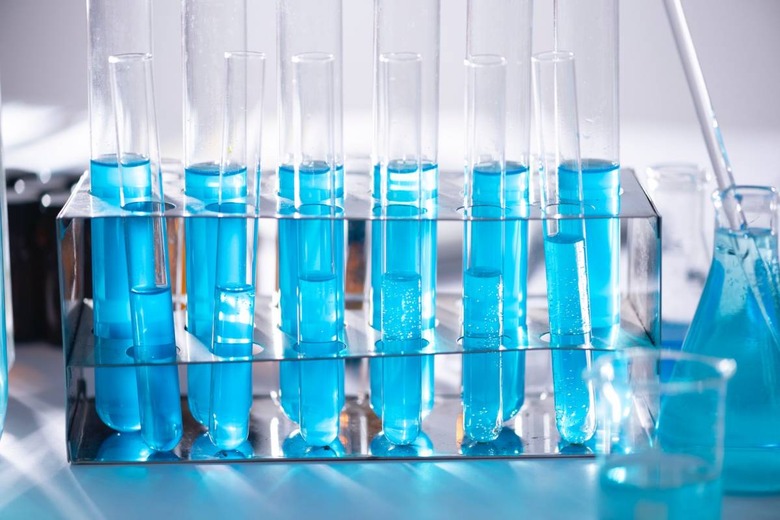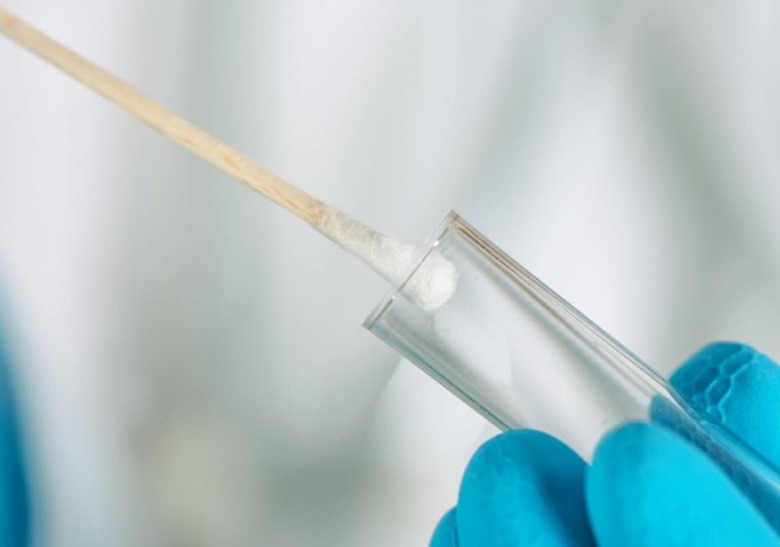Facing Criticism, FDA Toughens COVID-19 Antibody Test Rules
The FDA is changing how it allows COVID-19 antibody testing to be implemented during the coronavirus pandemic, toughening up its oversight after criticisms that unreliable serological tests were being released. Antibody tests aren't designed to identify whether a patient is currently infected with COVID-19, but instead show whether they have had it recently.
As such, they're considered an important tool in the ongoing attempt to control coronavirus and manage its spread. Without an awareness as to how many people may have come into contact with the virus – particularly as some may not have demonstrated any symptoms – it's difficult to ascertain the level of community spread in any one location.
It's also useful for identifying who might have useful "convalescent plasma" in their blood. Containing antibodies developed by an individual's previous successful response to the COVID-19 infection, it could be used as a therapy or treatment for another person currently fighting the infection.

Initially, the US Food and Drug Administration took a fairly broad approach to serological testing. "The flexibility in our March 16 policy allowed for early use of antibody tests to begin to answer critical population-level questions about the prevalence of COVID-19 infections in different communities, and whether the presence of antibodies conveys immunity, and, if so, for how long," Anand Shah, M.D., Deputy Commissioner for Medical and Scientific Affairs, and Jeff Shuren, M.D., Director, Center for Devices and Radiological Health, wrote today. "Early availability of serology tests has helped generate important information that can inform the future use of serology tests."
While that was designed to get serological tests into application, it also led to concerns that unproven tests could be giving false readings. Some tests were falsely claimed to be FDA approved or authorized, something the agency has not done. Others advertised at-home testing was possible. Meanwhile false positives were also identified, where tests suggest an individual has previously been exposed to COVID-19, recovered, and may now be immune from further infection, whereas that's not in fact the case.
Now, rolling back some of that early flexibility, the FDA is applying new, tougher rules for the antibody tests. Commercial manufacturers will now have to submit Emergency Use Authorization (EUA) requests to the FDA – including their validation data – within ten business days from the date they notified the FDA of their validation testing. There are also now "specific performance threshold recommendations for specificity and sensitivity" for any company developing a serological test.

According to the FDA's doctors, "almost half of the tests offered by commercial manufacturers are already the subject of an EUA review or a pre-EUA, a pre-submission that provides an opportunity for the developer to begin to share data with or seek advice from the FDA. To date, 12 antibody tests have been authorized under an individual EUA, most within just the past few days, and over 200 antibody tests are currently the subject of a pre-EUA or EUA review."
The validation reviews will be carried out using new capacity at the National Cancer Institute (NCI), established by the FDA, the he National Institutes of Health, the Centers for Disease Controls and Prevention, and the Biomedical Advanced Research and Development Authority. So far 13 test kits have been validated by the NCA and that data shared with the FDA, which will review it before publication.
The reality is that no test is completely, 100-percent accurate each and every time, and false-positives and false-negatives are an inevitability. What this new policy will do, however, is give some greater confidence to hospitals and healthcare workers that the antibody tests they're using are giving the most meaningful, reliable results that are possible.
